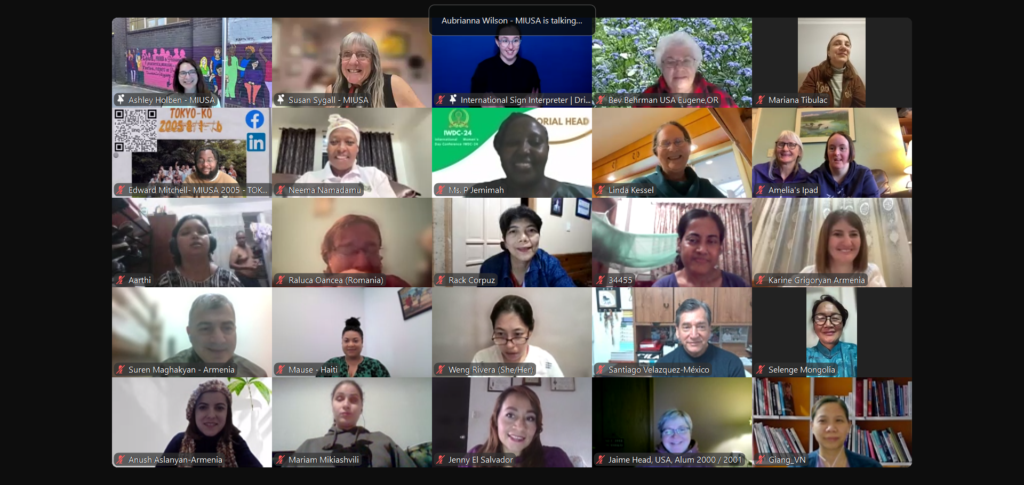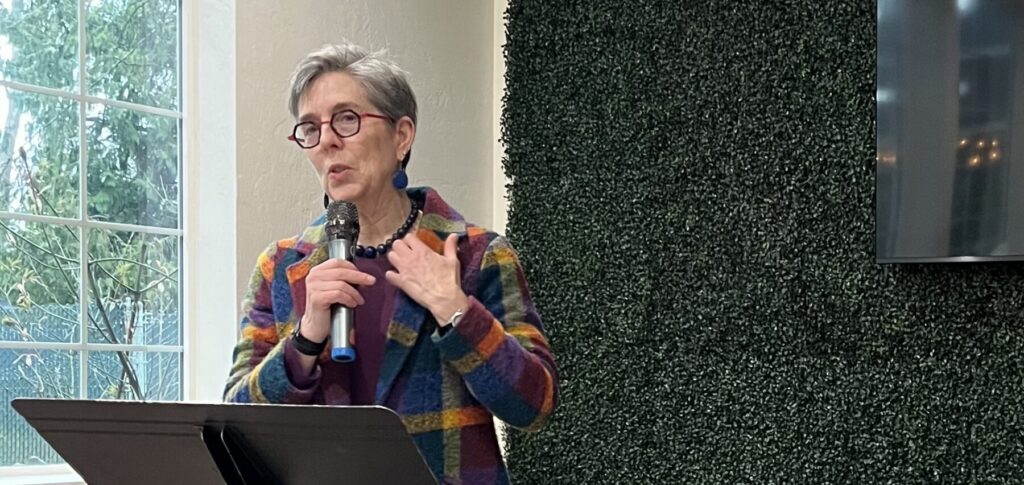When I asked a group of Tanzanian disability rights activists if they thought gender roles were changing in their country, Hellen Machibya, a council woman with albinism, rose to respond.
She explained that women have started to enter professions that are typically male-dominated, such as electrical engineering. She spoke eloquently about a woman who solved an electricity problem in her village by creating a solar power project. Her success was helping women in her village gain more respect and changing community members’ perceptions of women’s leadership potential, especially among men.
Her story also highlighted the value of tapping the leadership of underrepresented groups to contribute new ideas and innovations for the benefit of the entire community.
This discussion occurred during a two-week disability rights training in East Africa, from which I returned home motivated by the passion and determination of 20 Kenyan and Tanzanian disability rights leaders. I was there to facilitate workshops on gender, disability, and leadership, as part of Handicap International’s “From Rights to Inclusion” project.
I met many other women with disabilities like Hellen, who were contributing their skills to their communities and serving in leadership roles within disabled peoples’ organizations (DPOs). Although I could see much progress had been made in both of these countries towards gender equality and advancing disability rights, I learned that addressing gender and disability issues together was still a relatively new concept.
In MIUSA’s 30 plus years of providing leadership training programs for women with disabilities from across the globe, we have heard many stories about the challenges and discrimination women with disabilities face on a daily basis. During the African trainings, I had an opportunity to spend significant time focusing on one of the challenges that we so often hear about.
How can women with disabilities address discrimination and work effectively within the male-dominated leadership of the disability movement?
In Africa, as in many parts of the global south, women with disabilities are underrepresented in positions of power and decision-making within the disability movement, which means their needs and interests are usually marginalized or forgotten. One way to address this issue is by making changes within the organizational structures and operations of DPOs.
This must start from the understanding that men and women differ in their roles and responsibilities in society, and therefore have different needs within projects and organizations. In order for a project or an organization to realize its full potential, the needs of both men and women with disabilities must be considered. Stopping exclusion begins within DPOs.
Read “8 Ways DPOs can Mainstream Gender” discussed among participants during the trainings.
The “From Rights to Inclusion” project is administered by Handicap International and sponsored by the U.S. Department of State. MIUSA is currently providing consultation and training as part of the project as a global expert on gender, disability and leadership.
Sign up for our E-News






Manage Your Privacy